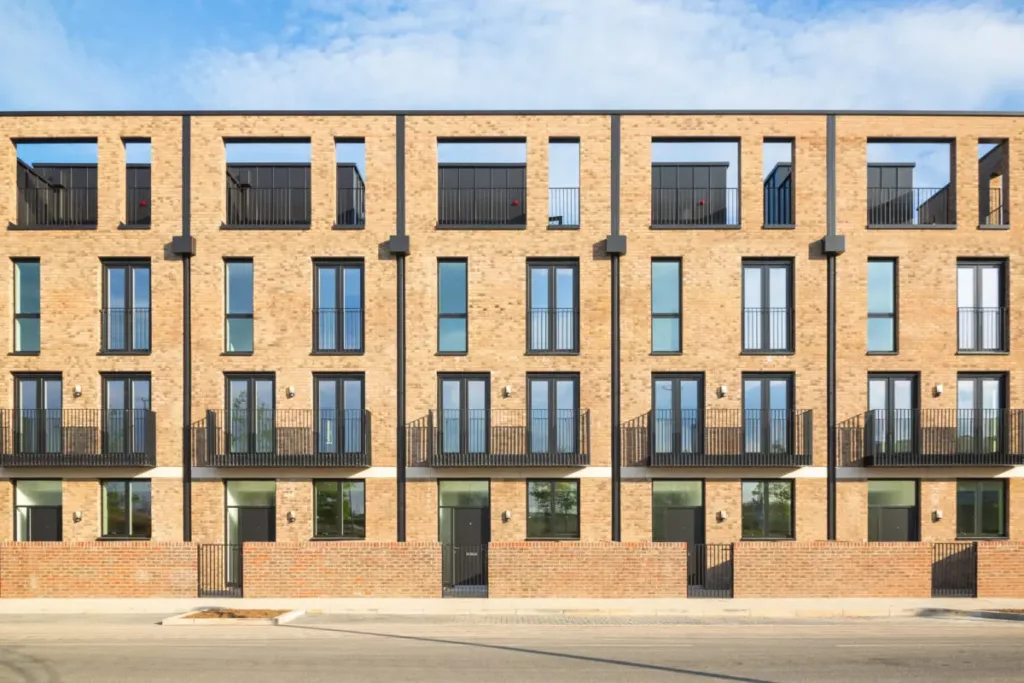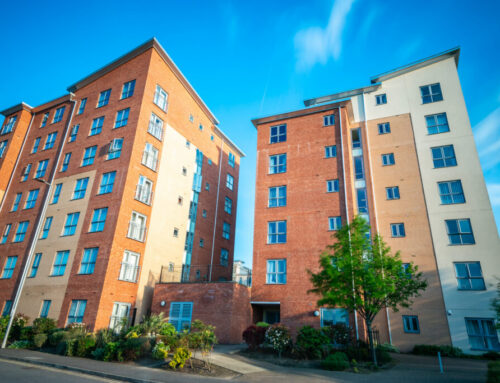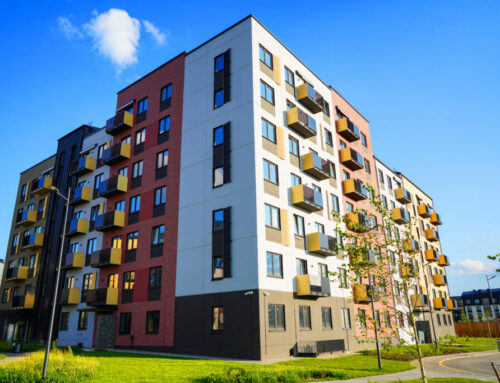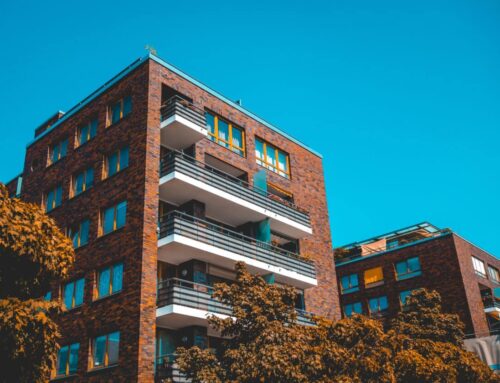Belinda Bagnall from Residentsline discusses the scenarios that could lead to a claim and outlining the newly available policy Residentsline has created to ensure that you and your team are covered.
While anyone looking after a residential building or estate will no doubt have buildings insurance in place, today we want to focus on the need for employers and public liability coverage, especially regarding private roads and gated communities.
Even the smallest residential block will contain common areas that carry a risk of accidents or injuries. This risk is magnified enormously for those overseeing private roads, gyms, tennis courts, swimming pools, playgrounds and car parks etc. These areas are used by multiple residents, their visitors and the staff that maintain them. The chance of an incident occurring at some point is very high.
The Role of Insurance in Communal Areas
Communal areas in residential buildings and estates may include hallways, gardens, car parks, playgrounds, leisure facilities and private roads. Property managers have a duty to ensure these areas are safe for residents, visitors and contractors to use. However, accidents can happen despite any precautions taken.
Public and employer liability insurance acts as a safety net. It provides financial protection against claims arising from injuries, accidents or damages that occur in these communal spaces.
Public Liability Risks
Public liability insurance protects against claims made by third parties, such as:
- Residents
- Visitors
- Delivery drivers
- Cleaners
- Gardeners
- Contractors
These claims typically arise when someone is injured or their property is damaged while using the estate’s communal spaces. Scenarios that commonly lead to claims include:
- Slips, trips and falls
Wet floors in communal hallways, poorly lit staircases, or uneven pavements in private roads can result in trips or falls. For example, if a delivery driver trips over a loose paving stone, they could file a claim against the property manager for negligence.
- Playground accidents
Gated estates often include communal playgrounds. Despite best efforts to keep equipment well maintained, children may hurt themselves which could result in legal claims.
- Vehicle damage
If a contractor, delivery driver or resident’s car is damaged on a private road, the property manager could be held liable.
Employer Liability Risks
For property managers employing staff such as cleaners, gardeners or maintenance workers, employer’s liability insurance is essential. It protects against claims made by employees who are injured or fall ill due to their work. Common scenarios include:
- Injuries while working
A cleaner slipping on a wet floor, a contractor falling on stairs or injuring themselves using equipment supplied by the property manager, a gardener being hit by a falling branch – the possibilities for injury claims are seemingly endless.
- Exposure to unsafe conditions
Maintenance workers exposed to hazardous conditions such as broken equipment or poor ventilation may develop illnesses or injuries, leading to legal action.
- Accidents on private roads
If a gardener is injured while driving a company vehicle on an unmaintained private road, the property manager could face liability claims.
Reducing Your Risk
While insurance provides financial protection, proactive risk management is equally important. Property managers should conduct regular inspections, ensure prompt repairs and maintain clear communication with residents.
- Regular checks of communal areas and private roads will help you identify hazards before they become an issue.
- Using proper signage to indicate wet floors, speed limits and other warnings will not only prevent many accidents, but also ensure you can prove you did your due diligence if you do find yourself in court.
- Hiring licensed and insured contractors for maintenance work and informing residents of any planned maintenance or known hazards will also go a long way in both respects.
Choosing the Right Insurance Policy
Property managers should, of course, do their own research and due diligence to make sure they find the best policy for their building or estate. Here at Residentsline, we’ve launched a new product to protect against all of the above: Property Owners Liability Insurance Roads and Private Estates.
This policy is designed specifically with the needs of residents’ associations, residential property management companies and combinations of leaseholders or freeholders in mind. It will protect your combined interests in respect of the external common areas and facilities of private estates or gated communities.
As a liability-only product, the policy will provide you with Public Liability and Employers Liability protection. You can set your level of public indemnity cover (£10m, £5m or £2m) while the employers liability is set at £10m.
The public liability component will cover your legal liabilities to pay compensation for bodily injury to any person other than an employee or for damage to other persons property or possessions accidentally damaged arising from your negligence.
The employers liability component provide cover for your legal liabilities to pay compensation for bodily injury to any employee.
Key features of our Policy include:
- Public Liability cover of £10,000,000, £5,000,000 or £2,000,000
- Employers Liability cover of £10,000,000
- Recreation activities: Cover for legal liability arising from activities arranged for the residents
- Wheelchairs, garden equipment and other vehicles: Cover for legal liability for injury or damage caused by such equipment owned or used by you, but only if such equipment does not need to be registered and specifically insured by legislation.
To ask any questions or to request a quote, please get in touch with our friendly team who are always happy to help.




Leave A Comment